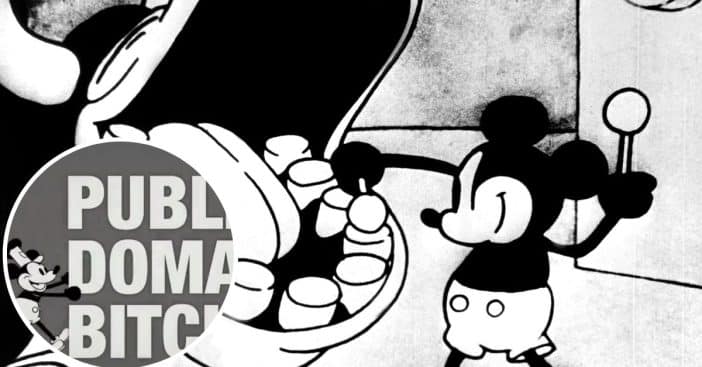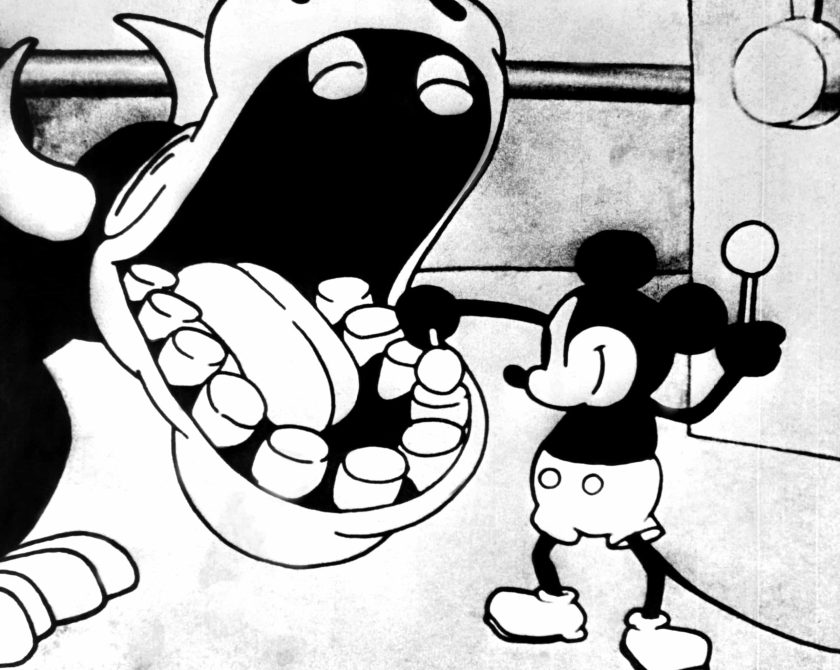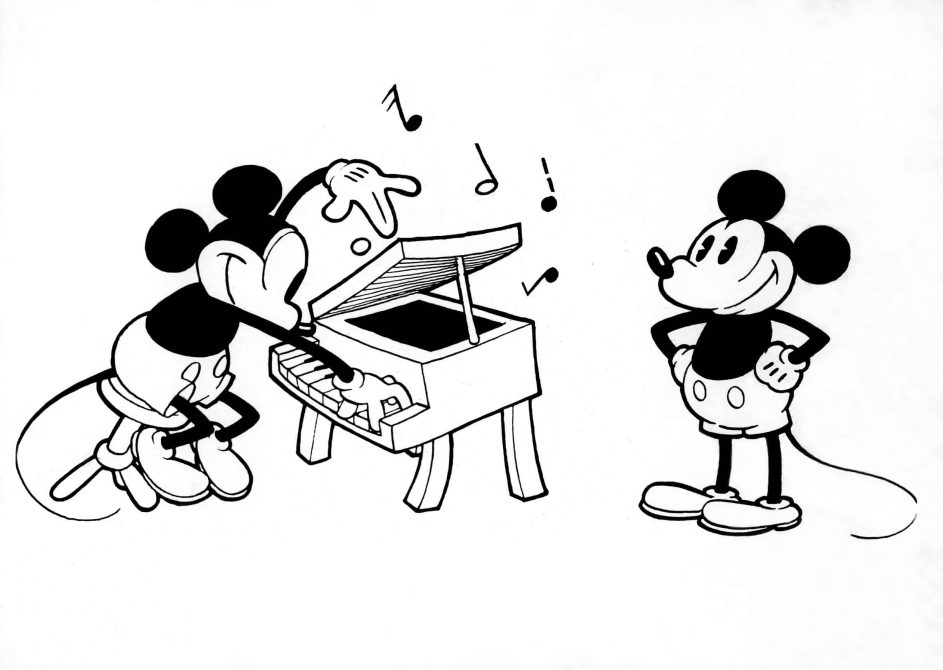
With the influx of different modifications of Steamboat Willie’s Mickey Mouse came a display of people’s creativity, particularly in the horror genre. Since the beloved character entered the public domain, trailers of soon-to-be-released films and video games have appeared online, including one from Adult Swim.
Adult Swim released a 15-second clip of black and white Mickey humping the words “public domain bitch” on Sunday night— at the same time as the Golden Globe Awards ceremony. An X user posted the clip with the caption, “Adult Swim’s having fun with Steamboat Willie,” which soon got over 15,000 likes and thousands of reposts.
Fans react to Adult Swim’s Mickey
Adult Swim’s having fun with Steamboat Willie: pic.twitter.com/Hs8VTw3fn9
— CN News/Schedules (@CNschedules) January 8, 2024
The clip received mixed reactions from fans, many of whom were disappointed by the kind of niches public domain works have been limited to. “Seeing Mickey Mouse non-parody on Adult Swim is something I’d never thought would be possible!” someone exclaimed. “The problem with public domains is that most people only got imagination for horror, not fable or sci-fi or even combat action,” another added.
RELATED: Other Popular Works Besides Mickey Mouse Entering Public Domain
Others were hopeful for improvements in the long run which will lead to the release of more palatable recreations. “Actual good projects will take time. The first stuff is gonna be cash-grab crap but look at something like Robin Hood or Pinocchio. There are tons of stories in all different genres,” someone responded. “There’s been, like, two examples of this. Let people ‘get it out of their system’ first, then you’ll get what you’re looking for,” another agreed.

Rules for public domain
Regardless of the freedom public domain content offers, it is still guided by some rules, which Jennifer Jenkins, the director of the Duke Center for the Study of the Public Domain, explained. “Do not confuse consumers into thinking that your creation is produced or sponsored by Disney as a matter of trademark law,” she explained, per Mickey Mouse.

She further added that creatives can “ensure that your audience is not confused” by making the source obvious in the production. “Make the actual source of the work— you or your company— clear on the title screen or cover, along with a prominent disclaimer indicating that your work was not produced, endorsed, licensed, or approved by Disney,” Jennifer added.
